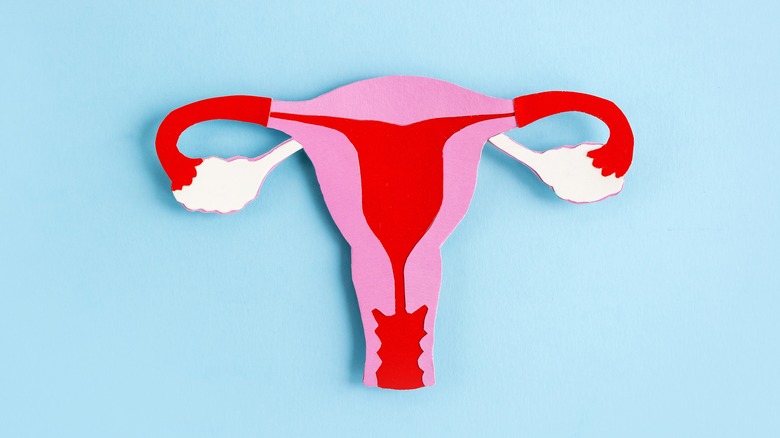Dr. Ashley Winter Of Odela Talks Vaginal Health During Menopause - Exclusive Interview
Many people are familiar with some of the more talked about symptoms of menopause, like hot flashes and moodiness. But what Dr. Ashley Winter — board-certified urologist and Chief Medical Officer at Odela Health — wants us to know is that often, the vagina and urinary tract will tell us what's going on inside the body during this life change.
From dryness to irritation to the dreaded urinary tract infection, menopause is no picnic for plenty of people who may not even know what's going on down there. The great news that Dr. Winter offered in our exclusive interview with her is that there is a very easy way to alleviate many symptoms associated with menopause, so you can move on to focus on living your best life — at any age.
In our interview, Dr. Winter shared exactly what to be on the lookout for in terms of symptoms and what to do to feel more comfortable now and in the future. (A fun hint? You may even enjoy your sex life more!)
Vaginal health changes during menopause
Can you share a bit about your background and Odela?
I am a board-certified urologist, which is a surgeon who treats conditions of the male and female genitourinary tract. After my residency, I did a fellowship in men's and women's sexual health. I have been practicing for several years and have seen the dramatic improvement in quality of life that occurs when women are offered basic, safe, evidence-based treatments for sexual health, such as vaginal estrogen.
When the Odela team approached me with their mission to make sexual healthcare for women accessible, affordable, and built into a platform with support and education, it felt like a dream come true — a real opportunity to help women beyond my direct one-to-one reach as a clinician.
How does the body change during menopause, especially as it relates to vaginal health?
There are a number of changes that occur in the vagina. As the estrogen levels in the body fall, the vaginal wall thins, there is reduced blood flow to the vagina, and vaginal length and elasticity reduce as well. Additionally, the labia minora, at the entryway to the vagina, also thins.
What to know about UTIs and dryness during menopause
Can you talk about UTIs during menopause?
Another change that occurs in the vagina as estrogen levels drop is that the pH in the vagina rises. Before menopause, a low pH is vital for allowing healthy bacteria, known as lactobacillus, to thrive. These bacteria function as a natural probiotic and protect your urethra and bladder from UTI-causing bacteria.
After menopause, as vaginal pH rises, these healthy bacteria go away and the urethra and bladder are less protected. Using vaginal estrogen after menopause lowers the pH back to the protective range and allows the lactobacillus to come back.
What do women need to know about dryness during menopause?
It's important for women to understand the changes I mentioned so you can recognize the symptoms associated with menopausal changes in the vagina and seek the correct treatment. These changes are collectively known as "genitourinary syndrome of menopause" and can lead to frequent UTIs, UTI-like symptoms even when a UTI is not present, reduced lubrication during sexual activity, painful sex, urinary urgency and frequency (feeling like you need to pee all the time), and many other symptoms. If you use vaginal estrogen, it can improve all of these symptoms. I have seen many women suffer with these problems for years, seeking ineffective treatments. Knowledge is power!
Can you share tips on sexual health during menopause and how Odela can help?
My absolute number one tip for sexual health during menopause is to use vaginal estrogen. It's truly life-changing, safe, and effective. You can safely stay on it forever. It's amazing. Odela is able to offer a medical review of a woman's health history through a convenient online portal and ship vaginal estrogen right to her door at an affordable price.
For more about Odela and their offerings, visit their website at www.odelahealth.com.
This interview was edited for clarity.



